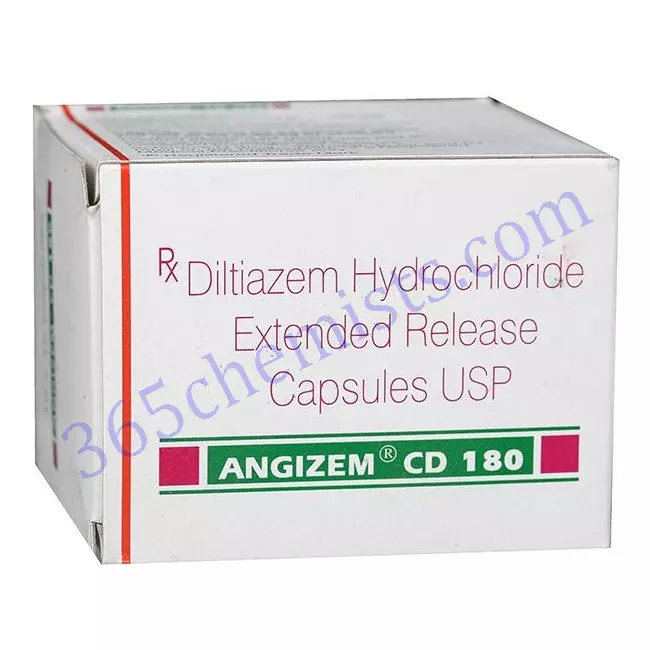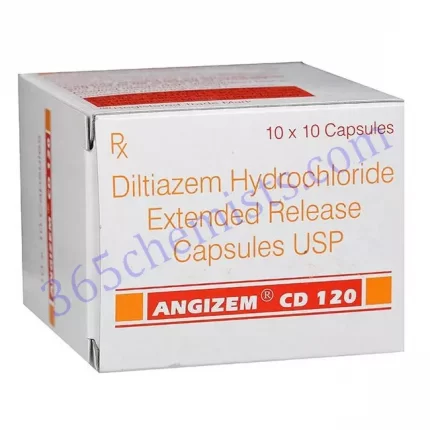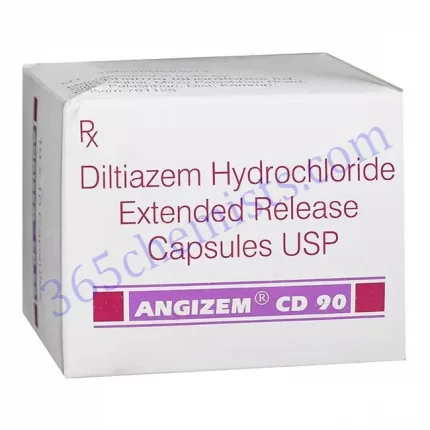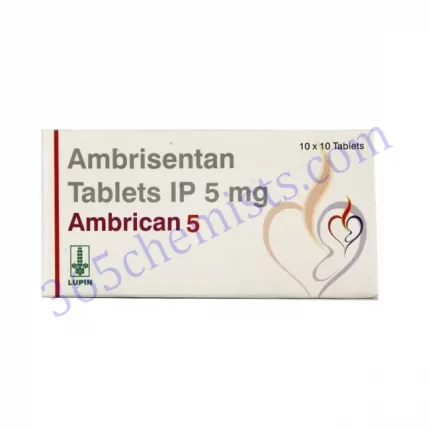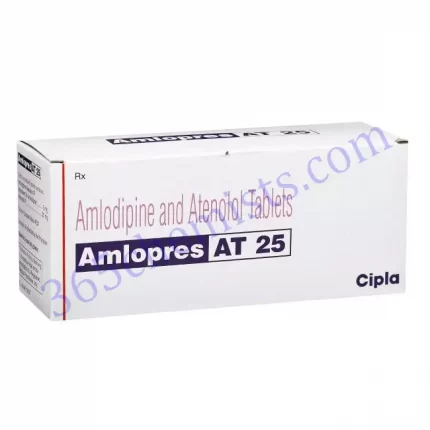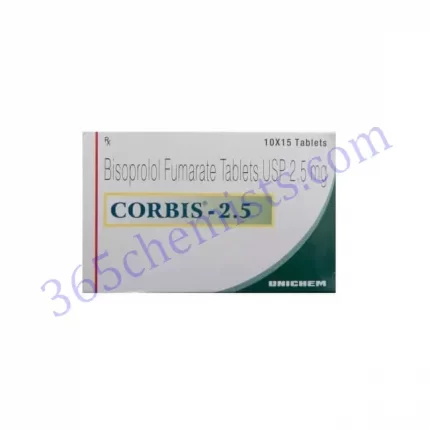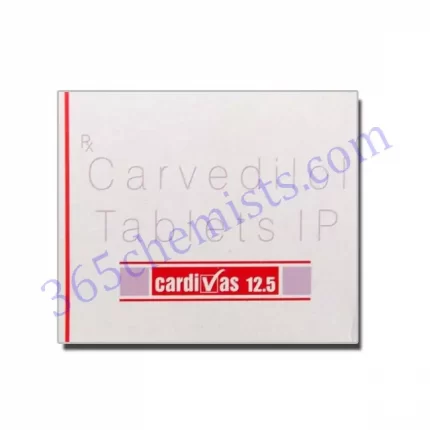INTRODUCTION
ANGIZEM CD 180MG contains Diltiazem which belongs to a group of medicines called calcium-channel blockers. It is used to treat high blood pressure and angina. It works by making your blood vessels wider. This helps to lower your blood pressure and also makes it easier for your heart to pump blood around the body. It also helps to prevent the chest pain caused by angina. Angina pectoris is a type of chest pain caused due to an inadequate supply of oxygen to the heart muscle.
The most common side effect of taking this medicine are nausea, vomiting, stomach pain, constipation, feeling dizzy or headache. This medicine is strictly not recommended for use in children. Consult your doctor before taking. It is advisable to limit the amount of grapefruit juice you drink while taking this medicine, as it can increase the blood levels of diltiazem and increases toxicity. Do not take this medicine if you are a pregnant or breastfeeding woman. Consult your doctor for advice before taking any medicine.
USES OF ANGIZEM CD 180MG
- Treat (long-term) and prevent angina pectoris
- Treat mild to moderate high blood pressure
HOW ANGIZEM CD 180MG WORKS
Diltiazem is a slow calcium channel blocker that binds to the extracellular site of the alpha-1C subunit of the channel. It inhibits the entry of extracellular calcium across the myocardial and vascular smooth muscle cell membranes. The reduced intracellular calcium concentrations will increase smooth muscle relaxation, resulting in arterial vasodilation and therefore, decrease blood pressure. It also increases the supply of blood and oxygen to the heart.
DIRECTIONS FOR USE
Always take ANGIZEM CD 180MG as directed by your physician. Swallow the medicine as a whole with a glass of water. Do not crush or chew the medicine. Your doctor will decide the dose and duration depending upon your condition. Limit the amount of grapefruit juice you drink while taking this medicine, as it can increase the blood levels of diltiazem and may increase your chance of getting side effects.
SIDE EFFECTS OF ANGIZEM CD 180MG
SERIOUS
- Slow or uneven heartbeat
- Very fast, uneven or forceful heartbeat (palpitations)
COMMON
- Nausea or vomiting
- Indigestion or diarrhea
- Stomach pain
- Constipation
- Feeling tired or dizzy
- Headache
- Flushing (feeling of warmth)
- Skin redness
- Difficulty in sleeping
RARE
- Dry mouth
- Itchy, lumpy rash (urticaria)
HOW TO MANAGE SIDE EFFECTS
Nausea or vomiting:
Try taking this medicine with, or just after, a meal and stick to simple meals and do not eat rich or spicy food.
Constipation:
Eat fibre rich foods like fresh fruit, vegetables and cereals. Drink plenty of water. Exercise more regularly.
Diarrhea:
Drink lots of fluids, such as water or squash, to avoid dehydration. Do not take any other medicines without speaking to a doctor.
Stomach pain:
Try to rest and relax. You can eat and drink slowly or have smaller and frequent meals. Keeping a heat pad on your stomach may also help. If still pain persists, speak to your doctor.
Skin redness:
Avoid hot showers or baths because hot water can irritate the skin. Moisturizers can be used regularly to soothe and hydrate the affected area.
WARNING & PRECAUTIONS
PREGNANCY
ANGIZEM CD 180MG is not recommended for use in pregnant women unless necessary. Discuss the risks and benefits with your doctor.
BREASTFEEDING
ANGIZEM CD 180MG is not recommended for use in breastfeeding women unless necessary. Discuss the risks and benefits with your doctor.
DRIVING AND USING MACHINES
Do not drive or operate any tools or machines if this medicine may make you feel dizzy.
ALCOHOL
Avoid alcohol consumption while taking this medicine.
KIDNEY
ANGIZEM CD 180MG should be taken with caution in patients with severe kidney disease. Consult your doctor for advice.
LIVER
ANGIZEM CD 180MG should be taken with caution in patients with severe liver disease. Consult your doctor for advice.
ALLERGY
Do not take this medicine if you are allergic (hypersensitive) to diltiazem or any other ingredients in this medicine.
LUNGS
ANGIZEM CD 180MG should be used with caution in patients having problems with blood flow to their lungs. Consult your doctor for advice.
HEART DISEASE
Do not take this medicine if have a very slow heartbeat (less than 50 beats per minute) or heart failure. Consult your doctor for advice.
OTHERS
Talk to your doctor before taking this medicine, if you:
- Have porphyria (a rare disease of the blood pigments), diabetes, bowel problems or you have or ever had asthma
INTERACTIONS
Talk to your doctor, if you are taking,
- Dantrolene or cilostazol (used for severe muscle spasms)
- Ivabradine (used to treat certain heart diseases)
- Other medicines used to treat high blood pressure such as doxazosin, tamsulosin, atenolol, propranolol or acebutolol
- Medicines used to treat arrhythmia (uneven heartbeat) such as amiodarone and digoxin
- Other medicines used for angina (such as glyceryl trinitrate or isosorbide trinitrate)
- Medicines used to treat high levels of cholesterol (simvastatin, fluvastatin and atorvastatin)
- Ciclosporin (used to stop graft rejection)
- Medicine used to treat epilepsy (e.g. phenytoin and carbamazepine)
- Medicines used to stop blood clotting (aspirin or clopidogrel)
- Theophylline (used to treat breathing problems)
- Lithium (used to treat depression)
- Medicines used for anxiety (triazolam or midazolam)
- Methylprednisolone (used to treat inflammation)
- Rifampicin used to treat tuberculosis

